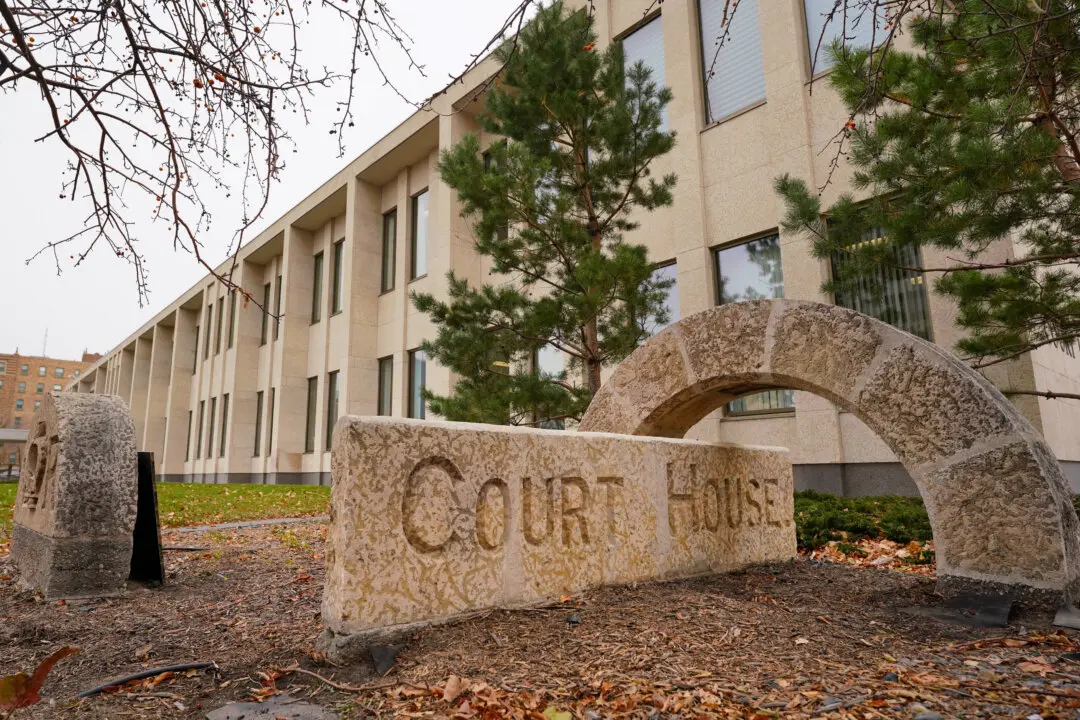Alberta Premier Danielle Smith has promised to look into perceived shortcomings of the province’s recall legislation, but said she could not take action while a petition campaign is in progress.
The premier’s declaration came during her weekly weekend radio appearance when the man spearheading the petition to recall Calgary Mayor Jyoti Gondek called in to express his frustration with the current legislation.





